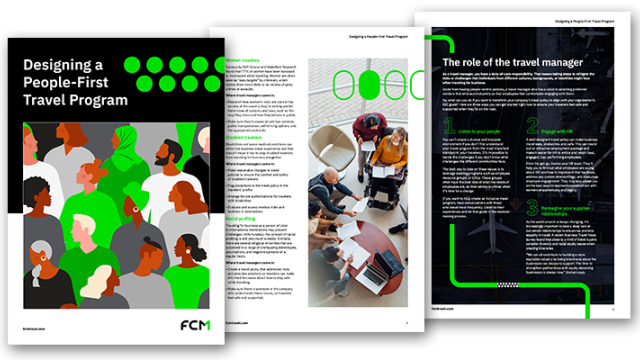
It’s important to recognize Black History Month as a time to honor the enormous contributions and celebrate the achievements of Black people throughout history. While the month of February is officially recognized as Black History Month in the US and Canada and is an opportunity for people to learn about Black Americans and Canadians, it’s also a reminder to recognize these contributions year-round.
The history of Black History Month
The origins of Black History Month in the US go back to 1926 when Dr. Carter G. Woodson established “Negro History Week” in the second week of February. Chosen due to the birthdates of Abraham Lincoln and Frederick Douglass, two notable figures who actively sought freedom for all. It wouldn’t be until 1976 when the week was expanded to Black History Month.
In Canada, Black History Month began in the 1920s and 1930s, when Black Canadians came together to advocate for their rights. Throughout the 1950s and 1960s, the Black community would continue to organize events to celebrate their history and culture. In 1995, the Government of Canada finally recognized February as Black History Month, and it has been celebrated across the country since.

What this means for corporate travel
In a 2021 survey, 71% of Black American and Canadian travelers stated that the perceived safety of Black people in their proposed destination influences whether they will or will not travel somewhere. Black travelers also make up a huge part of the travel market, spending $109.4 billion on domestic travel in 2019.
The most important takeaway from this is that the conversation about protecting Black business travelers is far from over and should always be kept in front of mind. Safety risks can occur both domestically and internationally at any time.
Taking practical next steps
In honor of Black History Month, we worked with our Diversity, Equity, and Inclusion Manager, Emese Graham, to bring you a comprehensive and practical guide to get the conversation started around how to implement DEI into your corporate travel program, not just for Black travelers, but for travelers across marginalized groups.
Looking forward
In business travel, building travel programs that are thoughtful, inclusive, and support your team is crucial. Wondering how you can get started? Check out these useful resources:
Never miss a beat
Stay up-to-date with our latest insights on corporate travel industry trends

